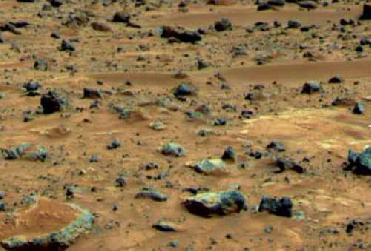
Rocks in Mars. NASA photo
WASHINGTON (BNS): New study proves that rocks on Mars are on the move. They are rolling into the wind and forming organised patterns. The new finding belies the previous explanation that the rocks were picked up and carried downwind by extreme high-speed winds thought to occur on Mars.
Jon D Pelletier, associate professor of geosciences at the University of Arizona in Tucson, said that although Mars is a windy planet, it would be difficult for the wind to carry the small rocks, which range in size from a quarter to a softball.
Pelletier, who led a team of scientists feels that wind blows sand away from the front of the rock, creating a pit, and then deposits that sand behind the rock, creating a hill. �The rock then rolls forward into the pit, moving into the wind,� he said, adding that as long as the wind continues to blow, the process is repeated and the rocks move forward.
�You get this happening five, 10, 20 times then you start to really move these things around. They can move many times their diameter,� Pelletier said.
The Tucson professor said that the process was nearly the same with a cluster of rocks.
�However, with a cluster of rocks, those in the front of the group shield those in the middle or on the edges from the wind,� Pelletier said.
Because the middle and outer rocks are not directly hit by the wind, the wind creates pits to the sides of those rocks. Therefore, they roll to the side, not directly into the wind, and the cluster begins to spread out, he explained.
Pelletier, Andrew L. Leier of the University of Calgary in Alberta, Canada, and James R. Steidtmann of the University of Wyoming in Laramie who report their findings in the paper, �Wind-Driven Reorganisation of Coarse Clasts on the Surface of Mars� appears in the January issue of the journal Geology.
Meanwhile, images taken by the Mars Exploration Rover Spirit show small rocks regularly spaced about 5 to 7 centimeters apart on the inter-crater plains between Lahontan Crater and the Columbia Hills.
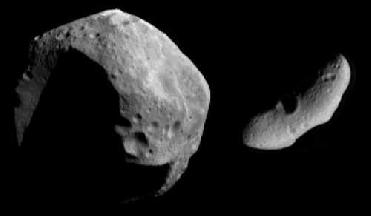 Previous Article
Previous Article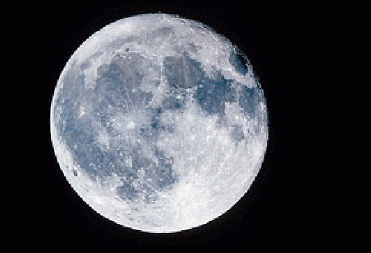 Next Article
Next Article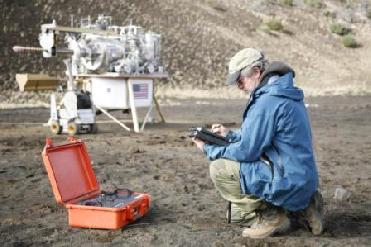

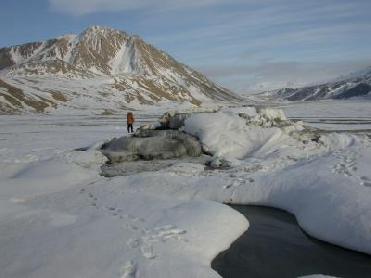
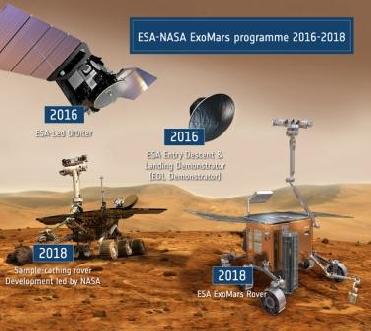










The Indian Air Force, in its flight trials evaluation report submitted before the Defence Ministry l..
view articleAn insight into the Medium Multi-Role Combat Aircraft competition...
view articleSky enthusiasts can now spot the International Space Station (ISS) commanded by Indian-American astr..
view article